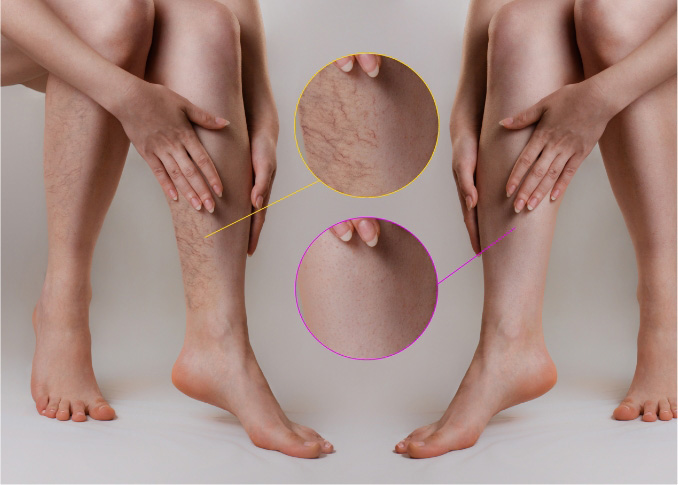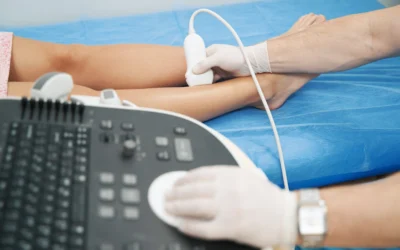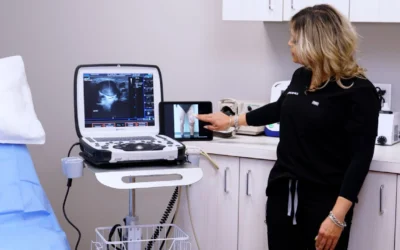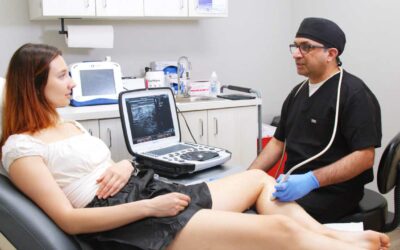Top Maryland Vein Doctors
Are Varicose Vein Treatments Covered by Insurance? 4 Factors That Determine Insurance Coverage
Are varicose vein treatments covered by insurance?
Are varicose veins covered by insurance? That’s usually one of the first questions patients ask when they’re told they need varicose vein treatments. Generally speaking, most insurance plans cover minimally invasive varicose vein treatments because they’re deemed medically necessary. But the level of insurance coverage usually depends on several factors, including your specific symptoms, whether you meet all of your insurance provider’s requirements and other factors. We describe the factors influencing insurance coverage for varicose vein treatments in Maryland.
Maryland Vein Treatment also provides free insurance verification for all patients. If you’re concerned about insurance coverage for your varicose vein treatments, we encourage you to contact our vein doctors. Our insurance team will ask for your insurance details, contact your insurance providers on your behalf, and review the terms and conditions of your insurance coverage. We believe in complete financial transparency and actively help you maximize insurance coverage to minimize your out-of-pocket burden.
Our medical center for vein treatment is located at 10215 Fernwood Rd, Suite 301, Bethesda, Maryland. The vein treatment center is outside Washington, DC, in Silver Spring. Please schedule an appointment to claim your free insurance verification today.
#1. If varicose vein treatment is deemed medically necessary
Insurance providers usually cover varicose vein treatments if they’re deemed medically necessary. Varicose veins are often considered cosmetic problems, but that’s not true. Varicose veins are damaged blood vessels that protrude from your skin’s surface in a twisted and tangled form, often resembling dense tree trunks. If varicose veins are left untreated, they may eventually burst and cause profuse bleeding. If your varicose vein treatments are deemed medically necessary, you will probably receive insurance coverage.
#2. If your venous ultrasound proves you have vein disease
Varicose veins are usually caused by chronic venous insufficiency, the root cause of most vein problems. Venous insufficiency is a medical condition where the collapse of vein valves leads to backward blood circulation and the accumulation of blood in leg veins. If varicose veins are caused by underlying vein disease, then varicose vein treatments are considered medically necessary. Our vein doctors perform venous ultrasound scans to visualize the blood flow in your veins and provide visual evidence of vein disease, which supports your claim.

We know health insurance is confusing so we will help you check if you’re covered:
FREE Coverage Checker:
#3. If your vein disease symptoms negatively affect your work
Insurance plans usually cover varicose vein treatments, at least partially, if your symptoms affect your ability to work. Varicose veins are usually accompanied by leg heaviness, restless leg syndrome, frequent leg cramps, throbbing leg veins, and leg pain. If these symptoms are persistent and they affect your ability to perform daily activities and work, you have a strong case for insurance coverage for your varicose vein treatments.
#4. If you meet your insurance plan’s stipulations
Insurance providers generally place certain restrictions on insurance coverage for varicose vein treatments. Some insurance providers, for example, stipulate that you must have tried wearing compression stockings for a few months before varicose vein treatment. Our insurance team verifies the terms and conditions of your insurance plan and formulates strategies to optimize your insurance coverage, helping minimize your out-of-pocket financial burden.
Does Kaiser cover varicose vein removal?
Kaiser covers varicose vein removal if it’s deemed medically necessary.
Does Blue Cross Blue Shield cover varicose vein treatment?
Blue Cross Blue Shield covers varicose vein treatments if they’re considered medically necessary.

Visit Our Maryland Vein Treatment Center
What is the Cigna varicose vein policy?
Cigna usually covers varicose vein treatments if they’re deemed medically necessary.
Does Medicaid cover varicose vein treatment?
Medicare and Medicaid cover varicose vein treatments if they’re deemed medically necessary.
Is spider vein treatment covered by insurance?
Spider vein treatment is usually covered by insurance if it’s deemed medically necessary. Spider veins are considered cosmetic problems, but underlying vein disease is a dangerous medical condition. You may receive insurance coverage for spider vein treatments if you also have chronic venous insufficiency — not just spider veins. And while the treatment for vein disease might be covered by insurance, the treatment for spider veins might not be covered.
Our vein doctors actively help maximize your insurance coverage for spider vein treatments. We perform thorough duplex ultrasound tests to visualize the blood flow in your leg veins, diagnose underlying vein disease, and curate a personalized vein treatment plan. We use the results of a venous ultrasound to support your insurance claims and help you get coverage for minimally invasive treatments. Our vein doctors may also perform sclerotherapy with the primary vein treatment, thus extending coverage to both. Please discuss the details with your vein doctor.
What is the varicose veins treatment cost?
The cost of varicose vein treatment depends on numerous factors, including whether you have underlying vein disease, the location or size of varicose veins, whether you have spider veins, the type of varicose vein treatment, etc. Our vein doctors will curate a personalized vein treatment plan for you, following which they provide a complete breakdown of the cost of varicose vein treatments. We believe in complete transparency — you will receive an itemized list of varicose vein treatment costs without hidden fees.
Don’t ignore your symptoms.
At Vein Treatment Clinic, we’re here for Maryland patients with expert vein doctors and convenient locations close to home.
Whether you’re in Bethesda, Bowie, or Maple Lawn, you’ll find advanced care for spider veins, varicose veins, and chronic venous insufficiency at our clinics.
Patients across Maryland trust our Ivy League–trained, board-certified specialists for minimally invasive treatments that improve circulation, relieve pain, and restore confidence. In Maryland, our team includes Dr. Kamran Saraf and Dr. Lisa Alford, two highly experienced vein experts dedicated to providing personalized care.
Book your consultation today at the clinic nearest you.



